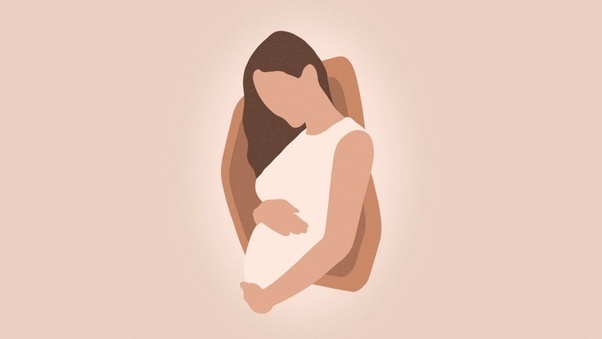New research has delved into the intriguing study of how maternal stress might wield an unexpected influence over the composition of a child’s microbiome and another impact of maternal stress on the microbiome.
While much emphasis is placed on dietary choices to foster the well-being of the trillions of beneficial bacteria residing in our guts, the intricate interplay between stress, trauma, and gut health has remained a lesser-known aspect.
The study explores the impact of adversity faced by women, some of which occurred even before their child’s conception, shedding light on an uncharted facet of microbiome dynamics.
Study Explains The Impact Of Maternal Stress On Child’s Mircobiome
Our gut microbiome, the vast ecosystem of microorganisms inhabiting our digestive tracts, plays a pivotal role in various aspects of our health, from digestion to immune function and even mental well-being.
Amid the plethora of discussions about diet’s impact on the microbiome, a critical question emerges: can non-dietary factors, such as stress and emotional distress, shape the microbial communities in our guts?
To uncover the answer, researchers embarked on a journey to investigate the potential link between maternal stress and alterations in the microbiome composition of their offspring.
The study dug deep into the realm of adversity experienced by women, some of which unfolded even before their child’s conception. This novel approach aimed to decipher the intricate web of connections between maternal stress, microbiome diversity, and its potential implications for the child’s health.
Stress has long been recognized as a potent force capable of influencing various physiological processes within the body.
From triggering hormonal responses to affecting immune function, its effects ripple through different bodily systems.
Recent research has turned its attention to the gut-brain axis, the bidirectional communication pathway linking the gut and the brain. This connection has unveiled the potential for psychological states, including stress, to impact the gut microbiome, potentially influencing health outcomes.
The study sought to unravel the complexities of how maternal stress could leave a mark on the microbial inhabitants of a child’s gut. It investigated adversity encountered by mothers, which in some instances preceded their child’s conception.
This included stressors such as socioeconomic challenges, emotional distress, and trauma.
By examining the microbial composition of children born to mothers who faced such adversities, the researchers aimed to determine whether a tangible link exists between maternal stress and the microbiome of the offspring.
The findings of the study carry implications that extend beyond the scope of microbiome research.
They open a new avenue for understanding how maternal experiences, particularly those laden with stress, might have far-reaching effects on the health and well-being of the next generation.
While the precise mechanisms underlying this connection are yet to be fully unraveled, the study underscores the intricate interplay between environmental factors, human biology, and the microbiome.
As the realm of microbiome research continues to evolve, this study serves as a reminder of the multifaceted influences that shape our gut health.
While dietary choices remain a vital factor, the study points to the need for a more comprehensive approach—one that acknowledges the role of stress and psychological well-being in shaping our internal microbial ecosystems.
Ultimately, the research highlights the interconnectedness of various elements in our lives, from our mental states to the intricate world of our microbiomes.
As science uncovers more about the intricate web of connections between human health, biology, and environment, it becomes increasingly clear that our well-being is a mosaic woven from a myriad of factors, each playing a unique role in the grand tapestry of life.


